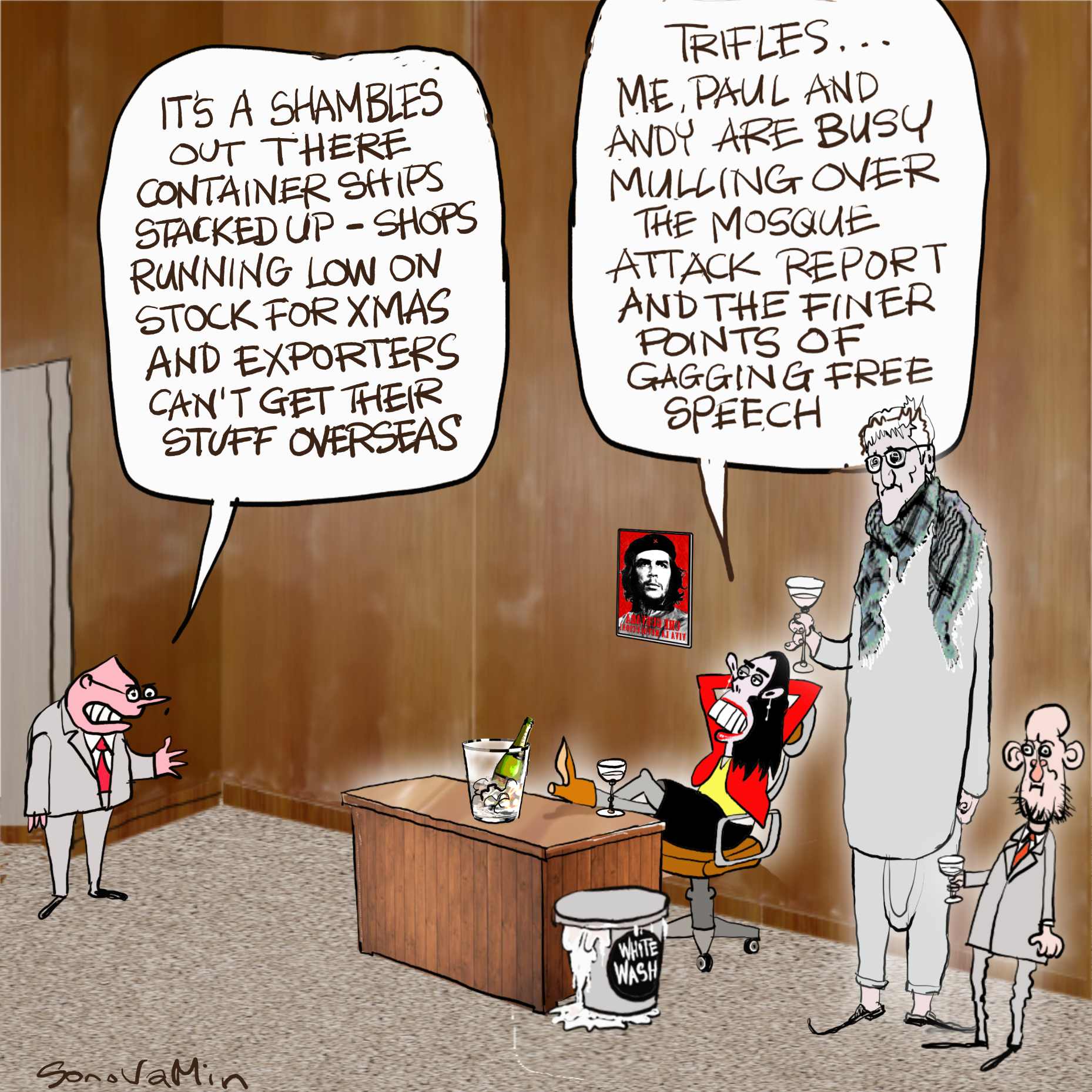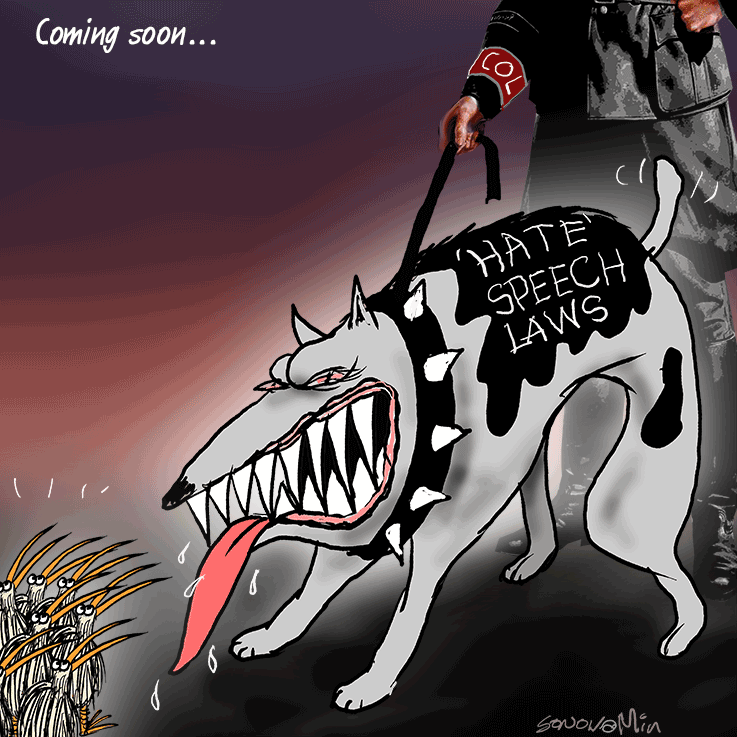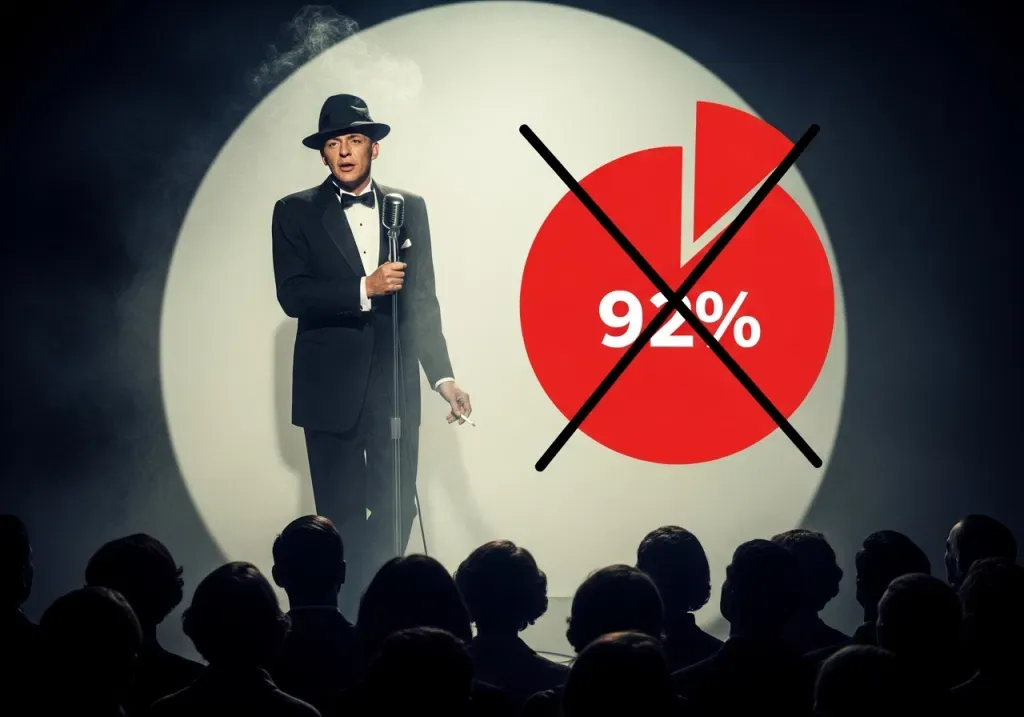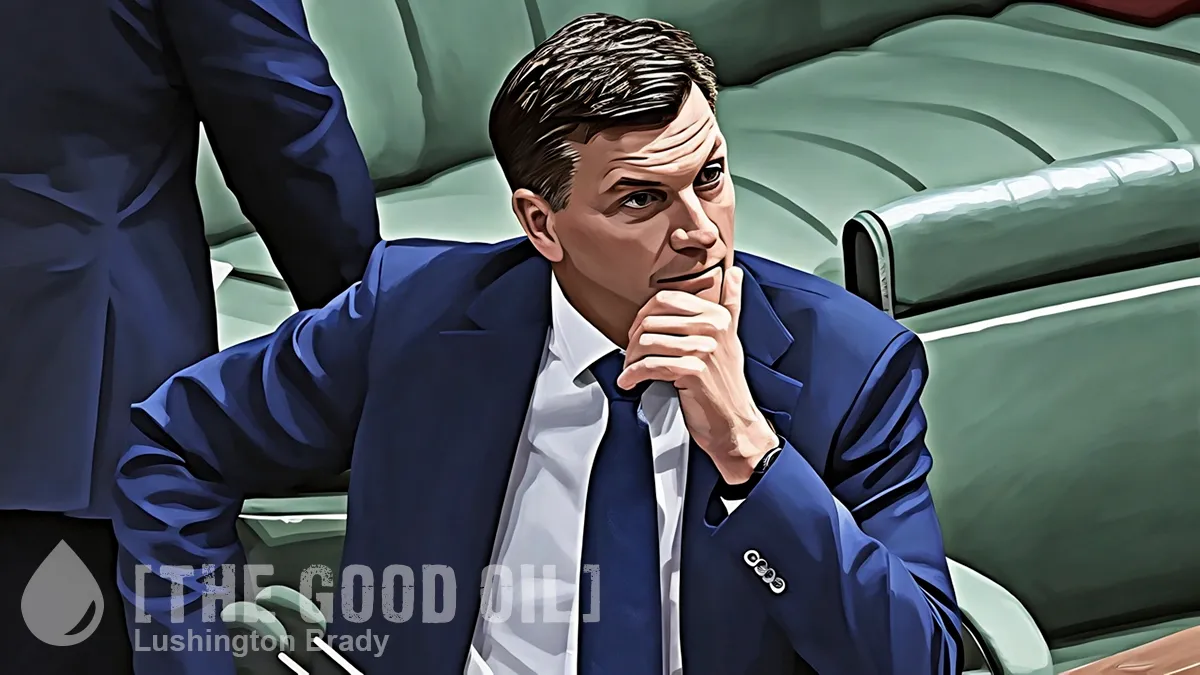Table of Contents
Daphna Whitmore
rdln.wordpress.com
It is clear from the Royal Commission of Inquiry into the Christchurch massacre that Brenton Tarrant had easy access to a firearms licence. The police failed abysmally in their duty to prevent semi-automatic weapons and ammunition from getting into the hands of a psychopath.
In response to the massacre, the government is now proposing new hate speech laws. Yet the massacre was condemned without exception across New Zealand. Not a single voice was raised in Tarrant’s defence. Martyn Bradbury on the Daily Blog asks, given these facts, why is the government introducing what amounts to dangerous blasphemy and heresy laws? Tarrant had been in New Zealand just over a year, he was not part of any local group, he did not spread hate speech, and nor would hate speech laws in Australia have been a deterrent to him. Furthermore, why do the hate speech laws include gender identity? Bradbury points out that these laws will be used against feminists like Ani O’Brien the spokesperson for Speak Up For Women, and columnist Rachel Stewart who was denounced by the woke for her defence of women’s rights.
The government is proposing a law that will criminalise speech that has the “intent to cause disharmony”. New Zealand has had legislation limiting free speech in various forms throughout the last century including the Crimes Act of 1961 covering sedition (which required danger to public safety) and libel towards individuals, then the Race Relations Act of 1971 prohibiting the incitement of racial disharmony. That Act was replaced by the Human Rights Act in 1993 which contains the same offence for inciting racial disharmony. The government now wants to put inciting racial disharmony in the Crimes Act and increase the penalties.
Auckland University of Technology history professor Paul Moon argues: “Criminalising ‘hate’ might be superficially seductive, but should this amendment to the Crimes Act be passed, the repercussions will be chilling. Unlike other prohibitions, such as exceeding the speed limit, theft, and so forth, there will be no precise definition in the legislation as to what constitutes disharmonious or hateful speech, and where the threshold of criminal speech lies.”

New Zealand has the Bill of Rights which protects speech and states “everyone has the right to freedom of expression, including the freedom to seek, receive, and impart information and opinions of any kind in any form.” However it is not entrenched but merely affirmed, so that laws should comply with it.
While Labour and the Greens have been pushing for hate speech laws the National Party has mostly ignored the issue rather than defend free speech. Party leader Judith Collins in her time as Justice Minister fast-tracked the Harmful Digital Communications Act which was brought into law in 2015. Only in recent days has Collins started to show a little interest in the free speech issue.
It has been the Act Party that has led the fight in parliament. There is also the Free Speech Coalition, whose members mostly come from the economic right, leading a solid campaign. On the political left, the Redline blog, the Daily Blog and some anarchists have been consistent defenders of free speech. Much of the left either supports calls for hate speech laws or have not given the issue much thought. The left should wake up and oppose the authoritarian ill wind. Leaving the power to decide what is acceptable speech in the hands of the state is hardly empowering.
To treat free speech as a cause of the political right would mean denying the role free speech played in all civil rights and liberation movements where ideas have challenged the orthodoxy of the powerful.
Free speech is needed to articulate dissent and to break with the status quo. The argument for speech restriction is usually that it is necessary to prevent the rise of fascism again, or to protect vulnerable minorities. They ignore that horrors like the Nazi holocaust and the genocide in Rwanda did not occur under free speech conditions, but rather under controlled speech.
The left today is seen as the loudest supporters of speech restrictions. The postmodern woke left that likes to call itself Marxist are in fact going in the opposite direction to Marx.
Karl Marx asserted that controls on speech hamper emancipation and there should be no limits on viewpoints. Marx treats free speech as a foundational right and not just one right alongside a dozen others. No other rights are imaginable without free speech. How can there be any critique without free speech? Intellectual freedom was very much his cause and he took an absolutist position declaring that he would just as much oppose the banning of conservative-monarchist-clerical newspapers as would oppose the same happening to radical progressive papers. He held that in the struggle of freely competing ideas the better ideas would win out.
Nor did he condemn the free speech enjoyed by powerful interests. He wanted it extended to the masses and the freedom to challenge the powerful. Marx recognised that an open and free press doesn’t guarantee freedom, but it is vital for democracy. When free speech can be stifled the state always wins. Any power can be turned around and abusively deployed. Marx pointed out that in a censorship society the state has freedom of the press for itself. What Marx agitated for was that the freedom enjoyed by the state should be a universal right.
“Keep in mind that you could not enjoy the advantages of a free press without tolerating its inconveniences. You could not pluck the rose without its thorns! And what do you lose in losing a free press? A free press is the omnipresent open eye of the popular spirit … It is the merciless confessional that a people makes to itself, and it is well known that confession has the power to redeem. It is the intellectual mirror in which a people beholds itself, and self-examination is the first condition of wisdom”.
(Marx, On Freedom of the Press)
What is needed is more democracy not less. The state won’t protect us and nor is the state our ally. Free speech rights enable the contest of ideas from below. For instance, we need free speech to expose racism. The trend to call for deplatforming and book banning, and demanding the state (which they consider institutionally racist) to be the weapon with which to beat racism is nonsensical. The woke authoritarians are putting their ideas beyond criticism.
Rosa Luxemburg understood what a crucial thing free speech was:
“. . . without freedom of the press, freedom of speech, freedom of assembly, without the free battle of opinions, life in every public institution withers away, becomes a caricature of itself, and bureaucracy rises as the only deciding factor.”
It is right now with illiberal times, safe spaces and postmodern irrationalism that the need for free speech and public debate is essential. It is through a clash of contending views that dangerous or offensive opinions can be defeated.

Please share this BFD article so others can discover The BFD.









